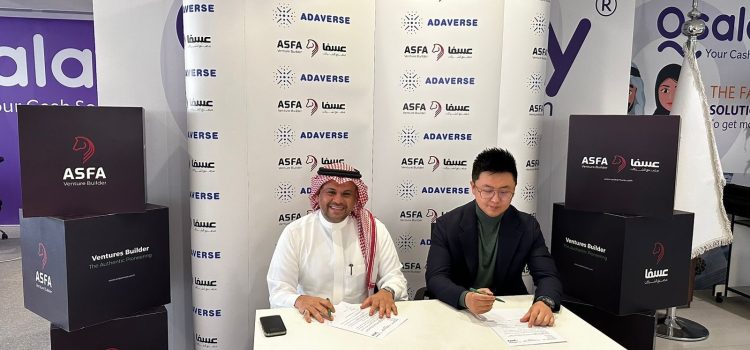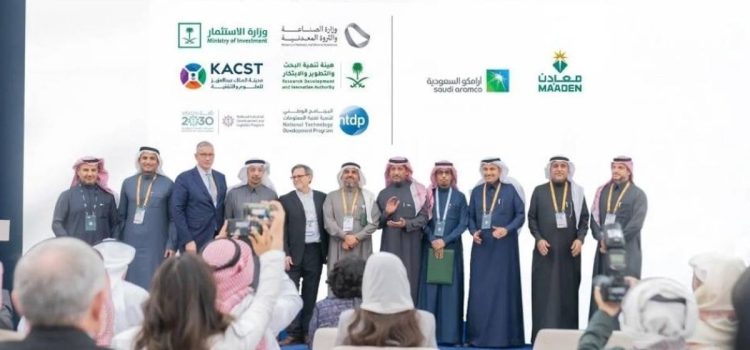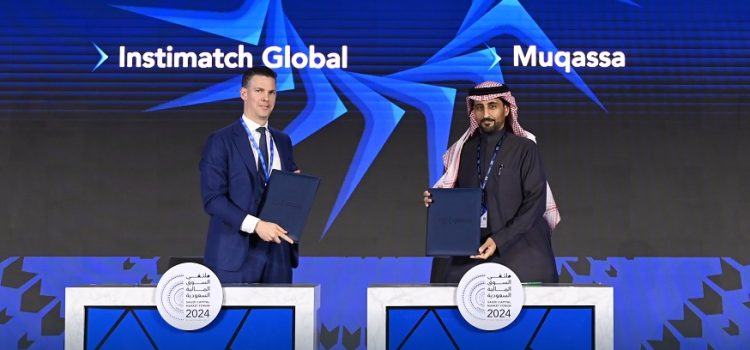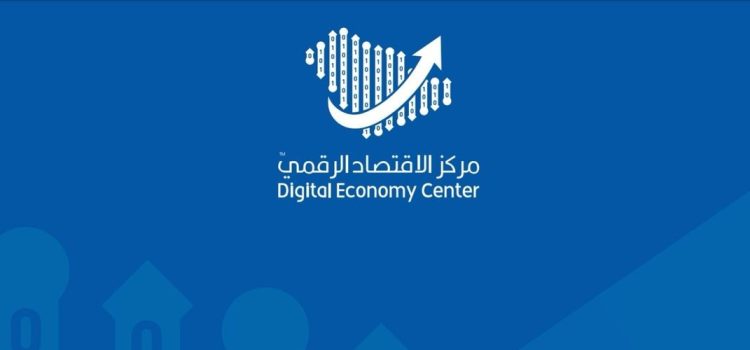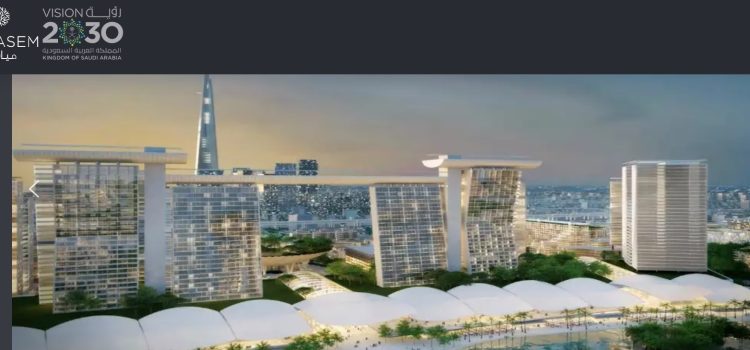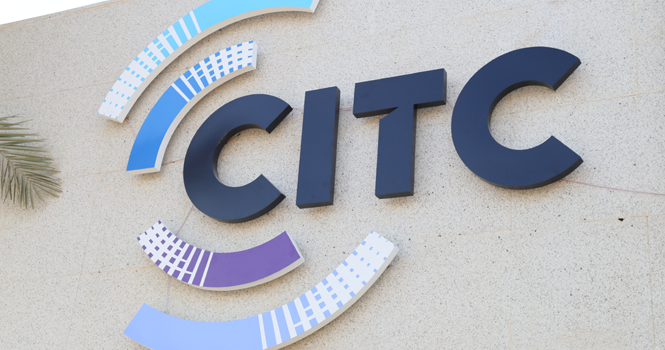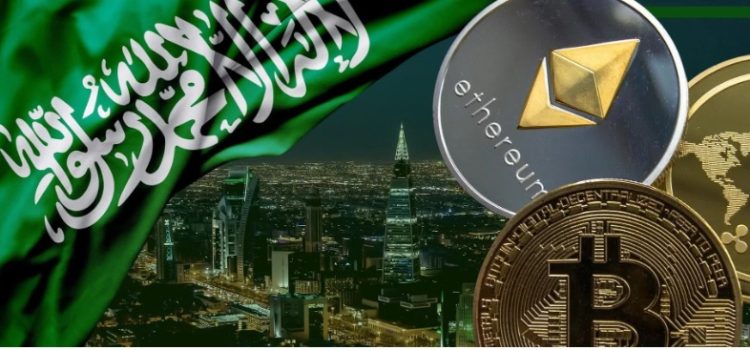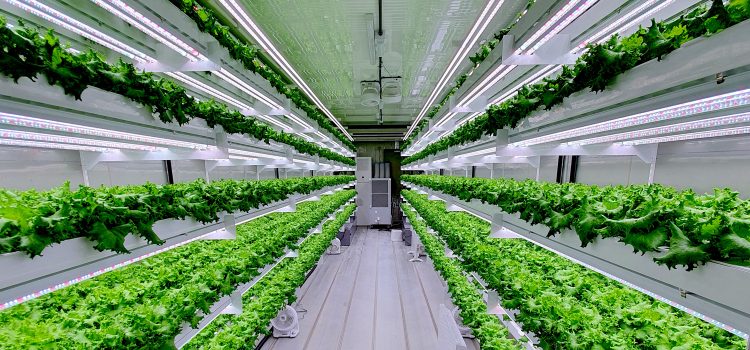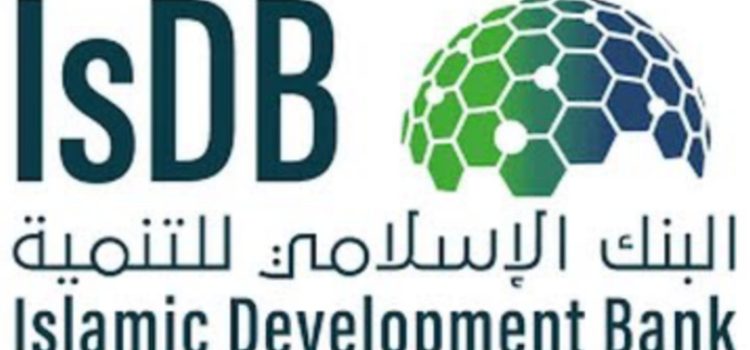
Adaverse, a Cardano focused accelerator that supports Web3 and blockchain solutions with funding, mentorship and tech infrastructure, has signed an MOU with Saudi based ASFA Ventures to drive Web3 innovation in KSA and beyond.
ASFA ventures is a ventures capital builder that focuses on technology ventures, Web3 technologies. It has already invested in Saudi projects such as AqarToken, and Tokenha. In the meantime, Adaverse has funded 40+ startups across Africa, Asia and beyond.
As per the statement on X, “We’re excited to announce Adaverse has signed an MOU with ASFA Ventures to drive Web3 innovation in Saudi Arabia and beyond. This partnership will empower startups, together we advance tech landscape across MENA.”
The MOU between Adaverse and ASFA plans to boost start up growth, drive Web3 innovation and empower technology advancement.
Adaverse adds, “This marks a pivotal step towards propelling Web3 innovation in Saudi Arabia. Together with ASFA Ventures, we’re on a mission to empower entrepreneurs and set new benchmarks in the digital landscape across MENA.”
Earlier this year, Adaverse invested in Saudi based Blockchain Fintech startup Takadao. This came at the heels of Adaverse’s expansion into Saudi Arabia with the opening of an office in Riyadh. Adaverse became the first venture capital fund in the KSA to specialize in Web3 and blockchain early-stage investing. In 2024, the company plans on investing $10 million in local Saudi Web3 startups.








